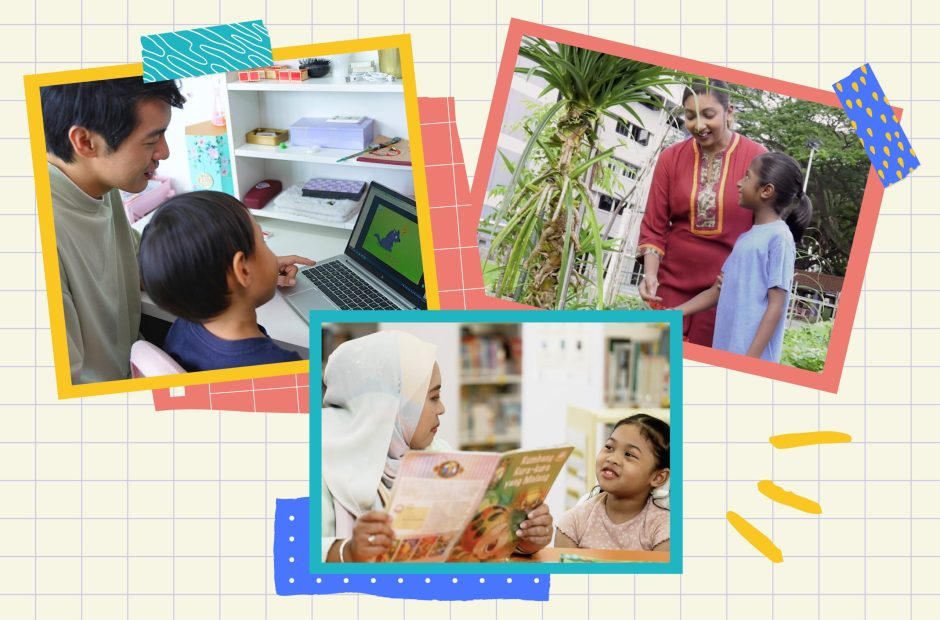Mdm Ng Wan Jun, Rivervale Primary School, Outstanding Youth in Education Award 2018 finalist
Loving the job and the language
Teachers have always been held in high regard by my family. “Never question or disrespect the learned, they are here to teach you” (尊师重道) was my parents’ mantra. They influenced me to see teaching as a highly respectable profession.
In Primary 3, I had a Chinese language teacher who had a huge impact on me. I was touched by her caring nature and learnt a lot about values from the stories that she shared during lessons. She inspired my passion for Chinese, and the desire to pass on my love for the language.
After I started teaching, I realised that many of my students could not write well in Chinese. They lacked the vocabulary to express themselves, and this affected the quality of their work. What could I do to help them?
Television lessons
During one lesson, I overheard my students talking about a drama serial that they were watching on television. It was about a man who operated a coffee shop. As his coffee shop and house unit numbers were both “118”, the people around him gave him the nickname “118” (要要发). Whenever someone was in need, they would always seek his help. I went online to find out more about this show, and found numerous snippets of about 10-15 minutes each. I clicked on one and found it suitable as a teaching resource. With the many personalities living in the man’s home and hanging around his coffee shop, there were abundant opportunities for the class to discuss the plot and characters.
Before incorporating the drama serial in my lessons, my students were only able to use words like “good” or “bad” to describe a person. I carefully selected snippets, and used them to introduce vocabulary and values such as filial piety (孝顺), generosity (慷慨), and helpfulness (乐于助人), when describing the show’s characters. My students were thrilled to see, hear, and put themselves in the shoes of their favourite stars during Chinese lessons. They could talk about why they supported a certain character, and described how they felt when role-playing them.
I did not stop there. In another lesson, I got my students to work in small groups and script the endings they would like to see for each video snippet I showed them. One of the video snippets was of an old man begging for money. There were many passers-by. I asked my students to predict if people would be willing to donate money to the beggar, and why. I used open-ended questions such as “If you were…”, “Why do you say so?”, and “How do you know?” to prompt for a variety of responses.
My students came up with various endings, one of which was that the beggar would receive a lot of help because a kind soul posted his plight on social media. My heart leapt with joy when I heard them say, “More, more. Can we do more?”
Besides coming up with story endings, we also discussed moral issues such as kindness and empathy. Providing a context for my students’ learning had resulted in a fun, meaningful, and relevant experience for them. I was glad to see them so engaged.



.jpg)


